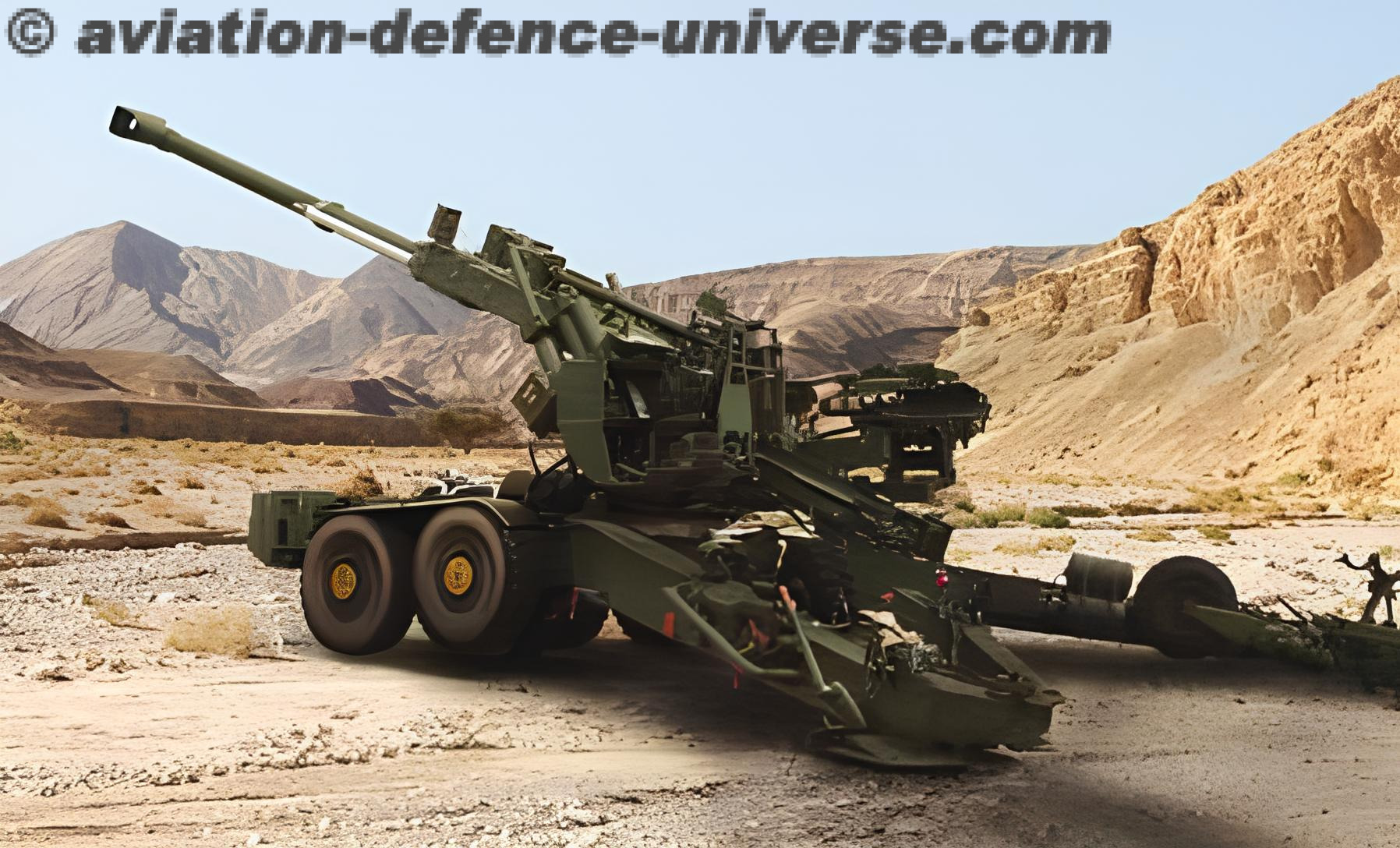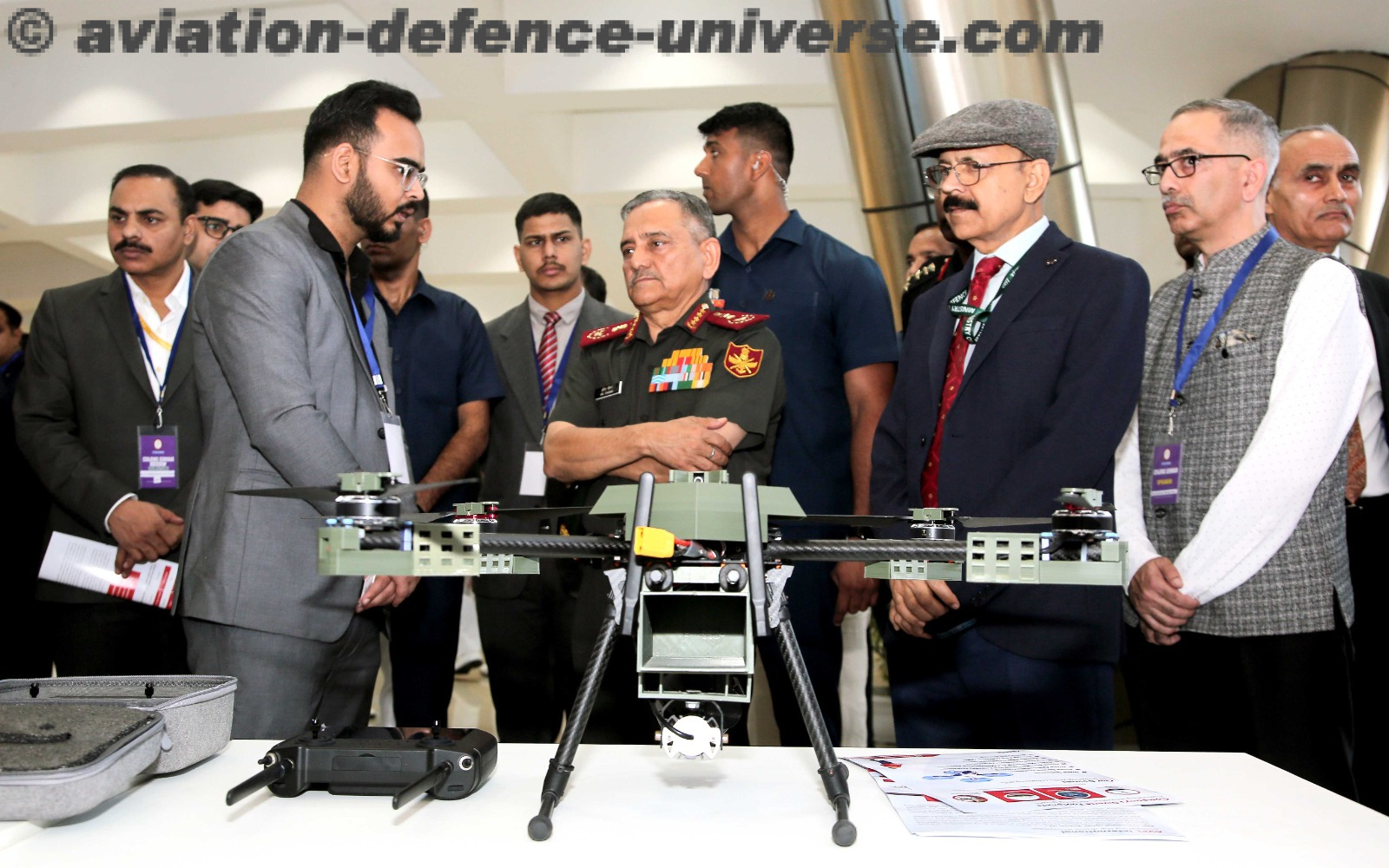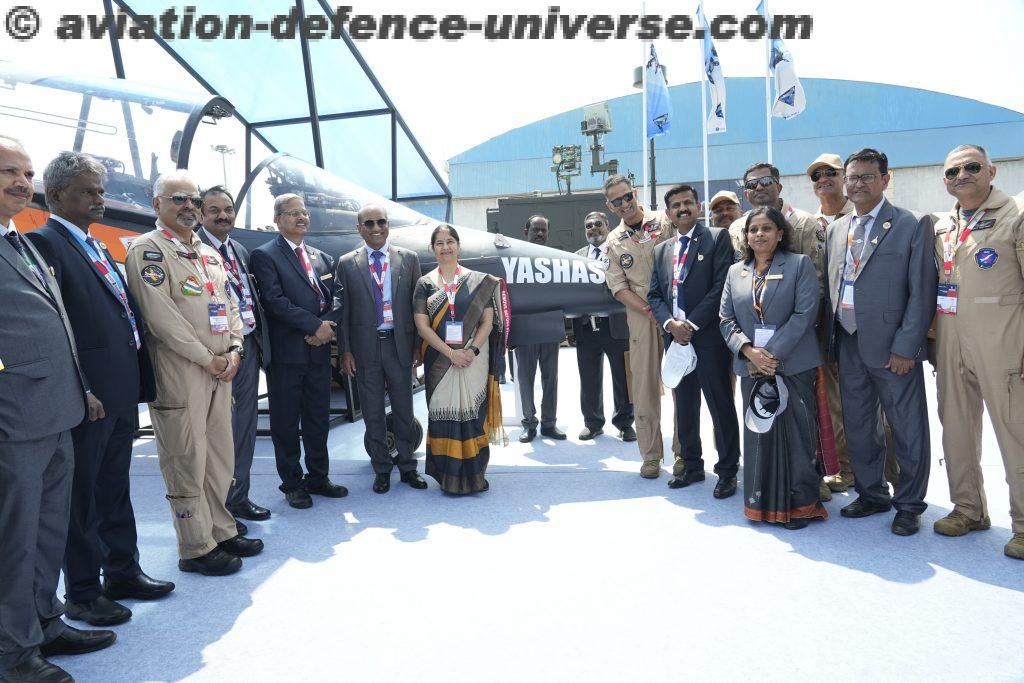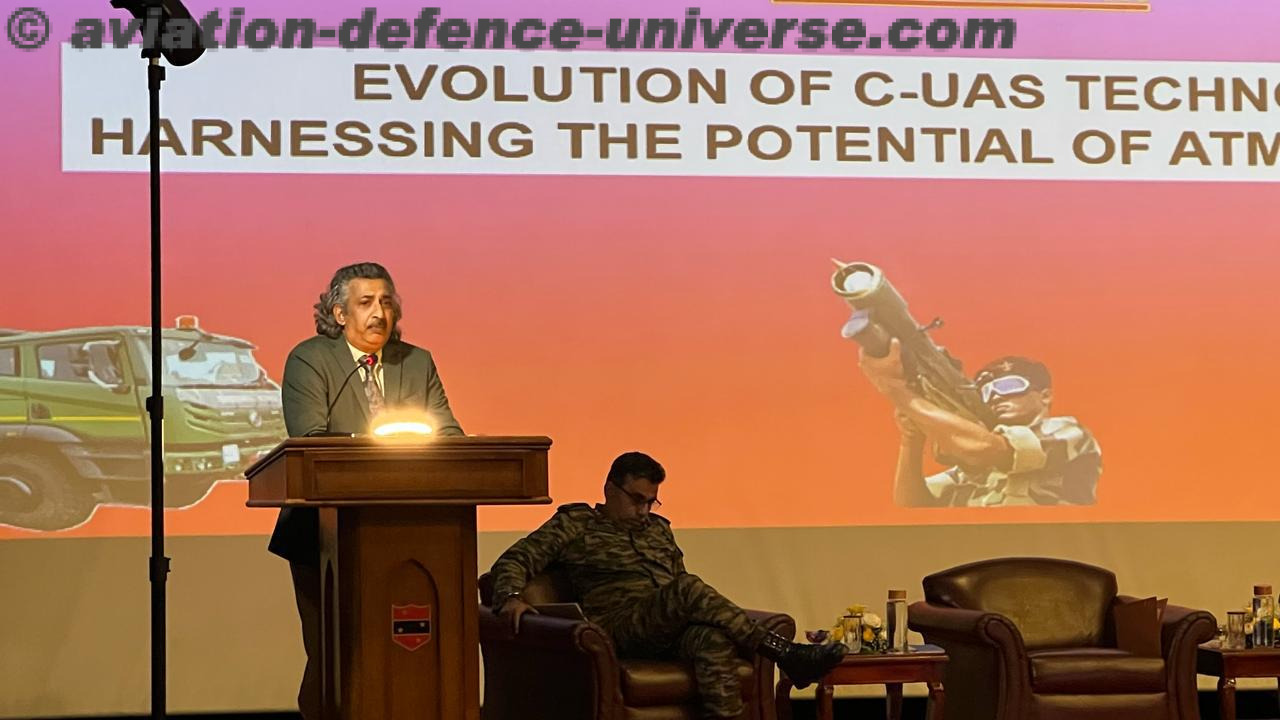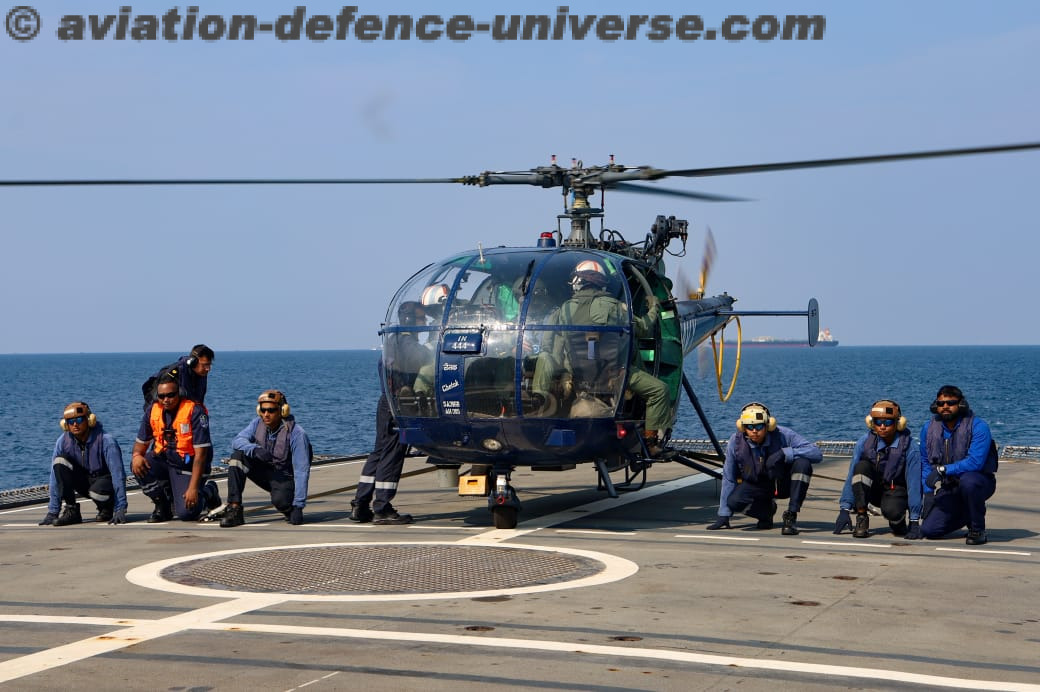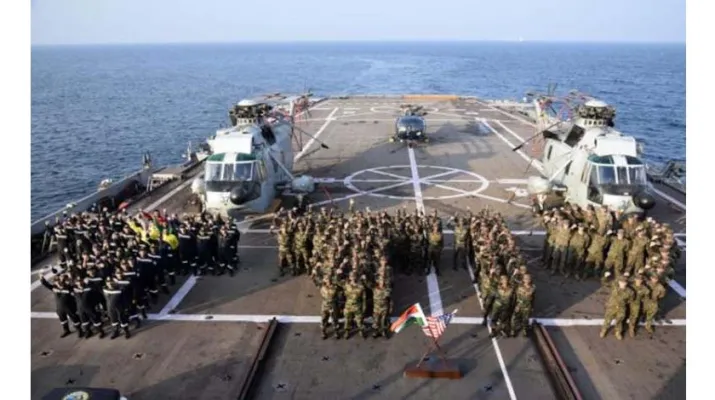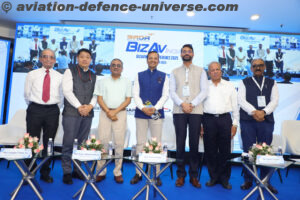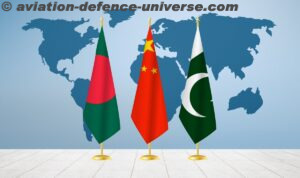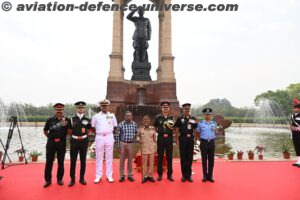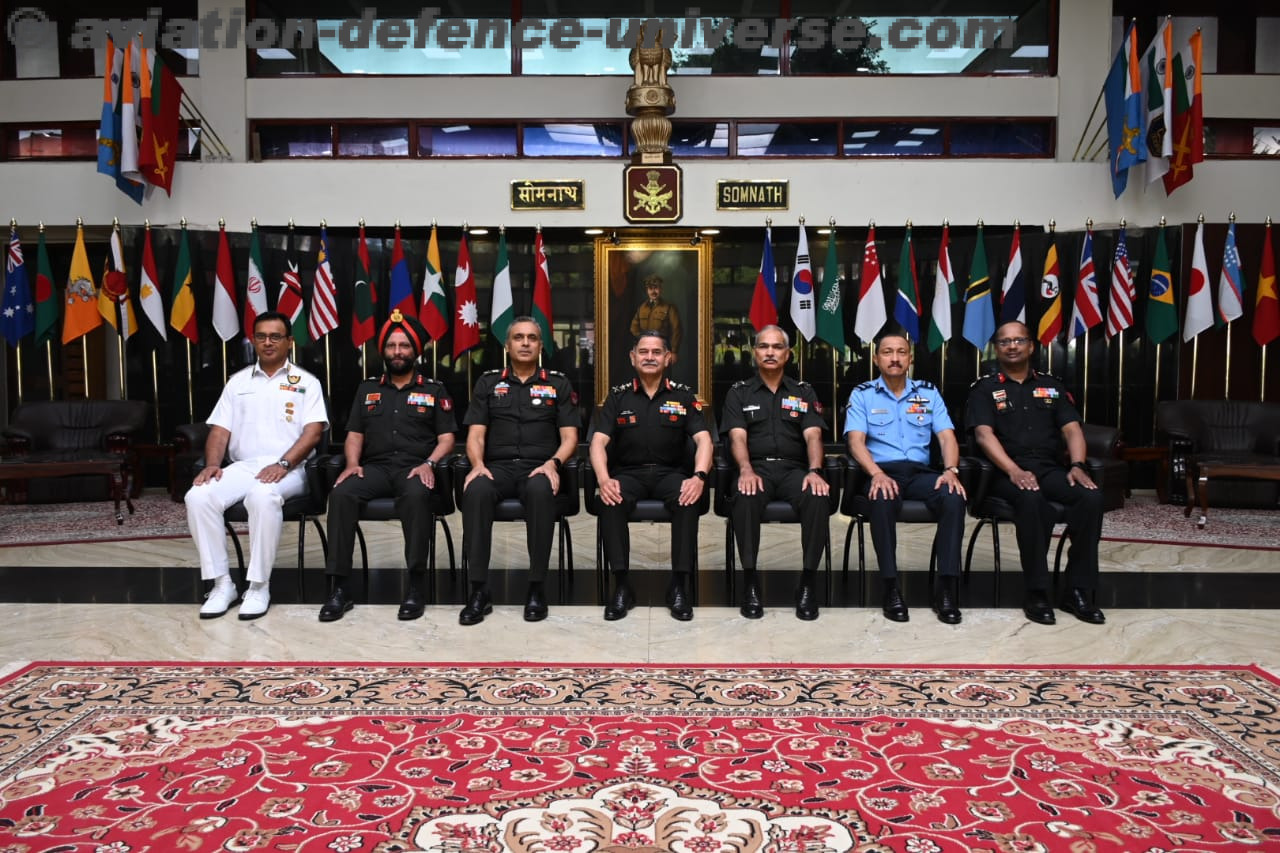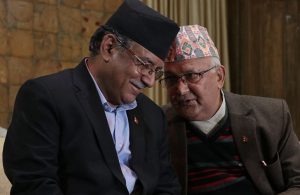
Courtesy : nepal24hours.com
- Oli & Prachanda at loggerheads
By Jai Kumar Verma
New Delhi. 27 December 2020. When it comes to the Himalayas the erstwhile kingdom turned democracy – Nepal, has had the most complex and turbulent times when it comes to geopolitics . Trying to balance between the two big wigs on its either side and combating political instability, Nepal has a tough path to tread on.
At present the Himalayan kingdom is passing through a difficult phase as a strong demand has emerged about the restoration of monarchy in the country which was ousted in 2008. The royalists claim that communism has destroyed the country and democracy is also unsuccessful. People also demanded that Nepal should again become a Hindu Rashtra. The country is also suffering from the revival of violence by Maoists.
The political crisis deepened in the Himalayan Kingdom as President Bidhya Devi Bhandari quickly acted on the advice of Prime Minister K P Sharma and dissolved the parliament. President Bhandari also announced that general elections will be held on 30 April and 10 May 2021 which is about an year before the schedule. Nonetheless the opponents claim that as Oli is aware that he lost support in the public because of his faulty policies and excessively leaning towards Beijing he may postpone the elections under the pretext of coronavirus pandemic or advent of rainy season etc.

The dissolution of parliament was not only opposed by the opposition parties but even the senior leaders and party workers of the ruling party also criticised the decision as unconstitutional. Pushpa Kamal Dahal commonly known as Prachanda and Chairman of Nepal Communist Party (NCP) and twice prime minister of the country was also against the decision. The NCP was suffering from infighting between Oli and Dahal on power sharing, several party leaders also claim that Oli has side-lined them and key posts in the administration were given to his henchmen only. The party leaders demanded the resignation of Oli while the party workers and opposition parties resorted to demonstrations and protests. Seven ministers resigned and about ninety members of parliament (MPs) of NCP registered vote of no-confidence when Oli recommended for the dissolution of parliament. The MPs mentioned that it was a betrayal to the public as they have elected them for five years in 2017 elections.
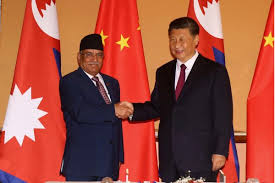
The political pundits also criticised president for accepting the recommendation of Oli and dissolving the parliament quickly. They mention that the dissolution of parliament was unconstitutional as under the present constitution the dissolution cannot be recommended unless there are possibilities of constituting another government. The dissolution of parliament and internal strife in the NCP may create a political instability in the country. Several persons have challenged the dissolution of parliament in Supreme Court and the court started the hearing of 13 petitions against the dissolution of parliament from 23 December. On 25 December, the Supreme Court issued a show-cause notice to Oli government to submit a written reply about the dissolution of the parliament. The five-member Constitutional bench headed by Chief Justice Cholendra Shumsher Rana also asked the government to provide the original copy of the recommendations made by the government to the president pertaining to the dissolution of the parliament and the order passed by the president.
Oli came to power on the assurance of stable, honest, and blameless government which will devote its full energy in the economic development of the nation. Nevertheless, Oli failed to deliver, and his government was blemished with allegations of corruption, undue favours to China and acting against India. The government failed to handle coronavirus pandemic effectively and the demand of Oli’s resignation strengthened.
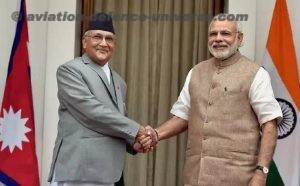
The influence of China has considerably enhanced during the tenure of Prime Minister Oli. 90 percent of foreign direct investment in the current financial year came from China and President Xi Jinping promised financial assistance of about $ 500 million during his Nepal’s visit in October 2019. Beijing which has deep pockets has invested millions of dollars in infrastructure projects including hydropower projects in Nepal. Oli government has also signed Belt and Road Initiative (BRI) which is a global infrastructure development strategy adopted by Beijing in 2013. It is a dream project of Xi Jinping which is spread in about 70 countries and international organisations.
Oli government on one hand cultivated close ties with Beijing and on the other hand alleged that Delhi is attempting to “bully” Kathmandu. He also charged that Indian agencies are trying to overthrow him by inciting leaders and workers of Nepal Communist Party. Oli also charged that Lipulekh, Kalapani and Limpiyadhura areas from where the newly built road by India passes are parts of Nepal. The 80 KMs road was connecting India and China through Lipulek is a part of the Kailash-Mansarovar pilgrimage route. The road is strategically important as it reduces the distance to China. Not only this on 13 June in a special session Nepalese Parliament passed a Constitutional Amendment Bill and updated Nepal’s map which showed these area in the country. Oli did it on behest of China and arouse anti-India sentiments with ulterior motive of strengthening himself. However, ‘Prachanda’ criticised Oli for his anti-India rhetoric and stated that “The Prime Minister’s remarks that India was conspiring to remove him was neither politically correct, nor diplomatically appropriate.” Prachanda also demanded the resignation of Prime Minister Oli.
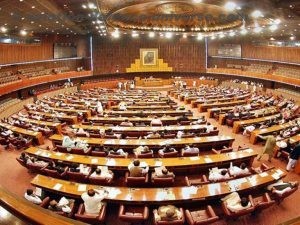
The power struggle between Oli and Prachanda has divided the Communist Party of Nepal which came into existence after the merger of Communist Party of Nepal-Unified Marxist Leninist led by Oli and Nepal Communist Party (Maoist) headed by Prachanda, in May 2018. The merger of both the communist parties occurred because of pressure from China. Again, China tried its level best to avoid the split in the party. Chinese Ambassador to Nepal Hao Yankee is highly active and besides president and Prime Minister, she met several prominent leaders of Nepal including Prachanda, Madhav Nepal and Jhalanath Khanal. She also met leaders of Nepali Congress. After the split of Communist Party of Nepal, China is trying that both the factions contest elections jointly so that CPN can constitute the government. China wants that Communist Party should remain in power whether it is led by Oli or Prachanda is not important.
China besides trade and infrastructure has also inculcated close ties on defence matters with Nepal. Chinese defence minister General Wei Fenghe visited Nepal in the last week of November to bolster military cooperation.
At the time of merger of both the communist paties, it was decided that both the leaders would head the government by turn but Oli refused to honour the commitment after he remained Prime Minister for two and half years. Oli recommended for the dissolution of parliament when he realised that he lost majority in the party as well as in parliament. Now both the factions are pleading in Election Commission that they are the real party. Although Oli lost majority in the party as well as in parliament but as parliament is dissolved hence now the fate of both the factions will be decided by Election Commission and the Supreme Court.
The legal experts claim that dissolution of parliament in Nepal is not new. In reality no Prime Minister completed a full-five-year term in last 30 years and the government changed for about 25 times, but it was the first time after promulgation of new constitution in 2015 which provides safeguards against the dissolution. Hence not only the constitution of 2015 is at stake but the salient features of the constitution including federalism, secularism and even democracy is at stake as people are demanding the restoration of monarchy.
The opposition parties like Nepali Congress and Janata Samajbadi Party expect to win more seats in the forthcoming elections as the votes of Communist Party would be divided.
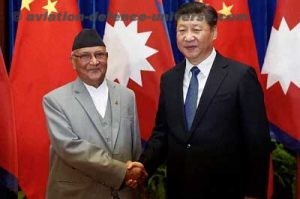
The opposition parties as well as several leaders of NCP also criticised Oli for leaning excessively towards China which is counterproductive. Nepal is a land-locked country and is dependent on India on several important things hence it must maintain cordial relations with both the countries. Oli’s action of publishing political map of Nepal including few Indian territories was a very undiplomatic and anti-India move.
The meeting of Chinese Ambassador with Nepalese President, Prime Minister and several other senior political leaders was considered as a direct interference in the internal matter of Nepal and it was criticised by leaders and eminent Nepalese. Students and other Nepalese also held demonstrations in front of Chinese Embassy in Kathmandu against Chinese interference in the internal affairs of the country.
India acted with patience and not reacted aggressively against undiplomatic moves and anti-India statements of Oli. Indian Chief of Army Staff, Foreign Secretary and the Chief of Research and Analysis Wing visited Kathmandu and met Oli and other important leaders and explained the Indian viewpoints while China acted very aggressively hence large number of Nepalese became anti-China as they felt that China interfered in the internal affairs of the country.
(Jai Kumar Verma is a Delhi-based strategic analyst and member of United Services Institute of India and Institute for Defence Studies and Analyses. The views in the article are solely the author’s. He can be contacted at editor.adu@gmail.com)





